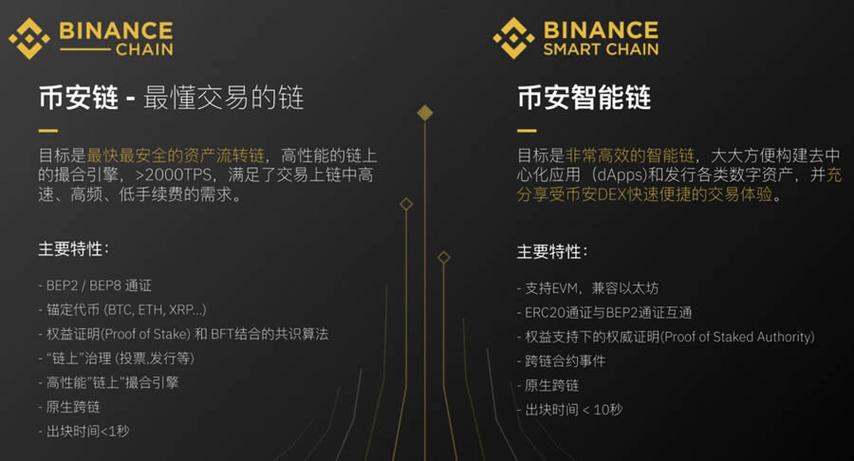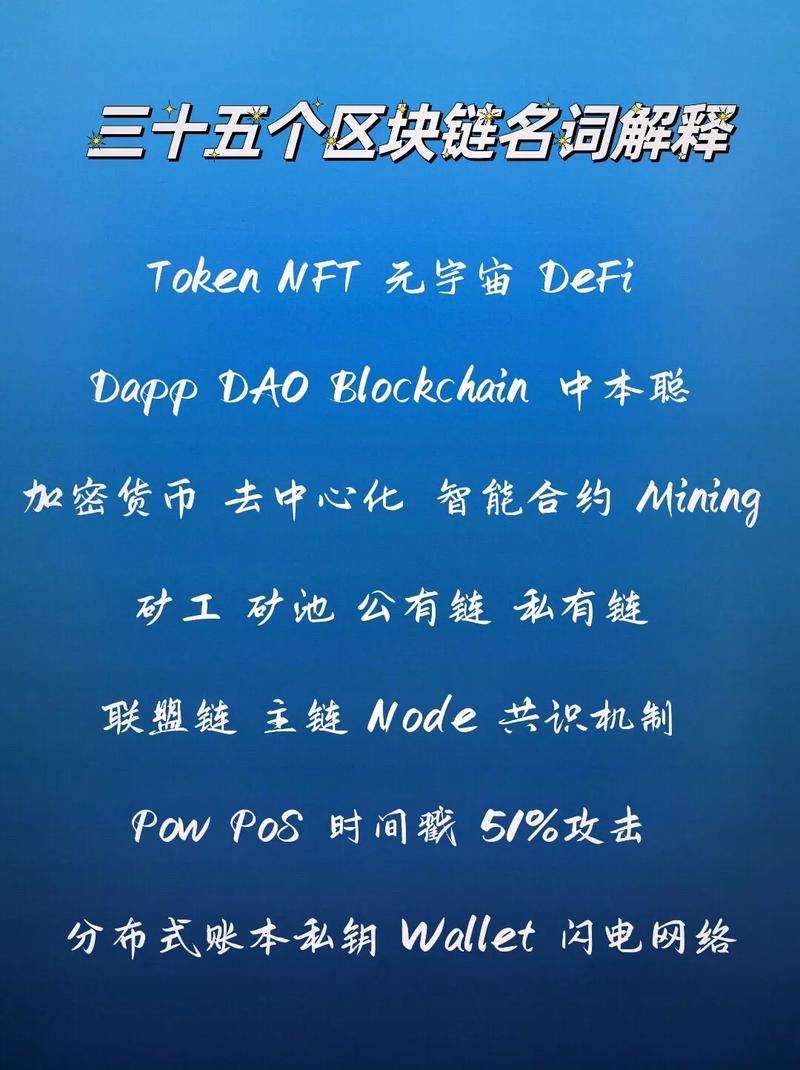Advantages of ETH Over BTC Smart Contracts
Smart contracts have revolutionized the way we interact with digital assets, and Ethereum (ETH) and Bitcoin (BTC) are two of the most prominent platforms offering this technology. While both have their unique features and benefits, ETH offers several advantages over BTC when it comes to smart contracts. Let’s delve into these advantages from various dimensions.
Transaction Speed and Scalability
One of the primary advantages of ETH over BTC in the context of smart contracts is the transaction speed and scalability. Ethereum’s blockchain is designed to handle more transactions per second compared to Bitcoin’s. This is due to Ethereum’s proof-of-stake (PoS) consensus mechanism, which is more energy-efficient and allows for faster block creation times. As a result, smart contracts on Ethereum can be executed more quickly, leading to a better user experience.

| Platform | Transaction Speed (Transactions per Second) |
|---|---|
| Ethereum | 30-50 |
| Bitcoin | 7 |
Additionally, Ethereum has been working on solutions like Ethereum 2.0, which aims to further improve scalability by implementing sharding technology. This will allow the Ethereum network to handle even more transactions per second, making it more suitable for smart contracts that require high throughput.
Smart Contract Capabilities
Ethereum’s smart contracts offer a wide range of capabilities that are not available on Bitcoin’s platform. One of the key advantages is the Solidity programming language, which is specifically designed for writing smart contracts on Ethereum. Solidity allows developers to create complex and secure smart contracts with ease, leveraging features like loops, conditionals, and data structures.
Moreover, Ethereum’s smart contracts support various programming languages, including Vyper and AssemblyScript, providing developers with more options to choose from. This flexibility allows for the creation of innovative and diverse smart contract applications.
Interoperability
Interoperability is a crucial aspect of smart contracts, as it enables different blockchains and platforms to communicate and interact with each other. Ethereum has been actively working on interoperability solutions, such as cross-chain messaging protocols and bridges, to facilitate seamless interactions between different blockchains.
In contrast, Bitcoin’s smart contracts are limited to simple transactions and do not offer the same level of interoperability. This restricts the potential for cross-chain collaborations and integration with other blockchain platforms.

Security and Decentralization
Both Ethereum and Bitcoin prioritize security and decentralization, but Ethereum has made significant advancements in these areas. Ethereum’s proof-of-stake consensus mechanism is more secure than Bitcoin’s proof-of-work (PoW) mechanism, as it reduces the risk of 51% attacks and consumes less energy.
Additionally, Ethereum’s decentralized finance (DeFi) ecosystem has gained significant traction, offering decentralized lending, borrowing, and trading platforms. This demonstrates the platform’s commitment to decentralization and its ability to foster innovation in the financial sector.
Community and Developer Support
Ethereum has a vibrant and active community, which plays a crucial role in its growth and development. The Ethereum Foundation, along with various other organizations, provides resources, support, and funding to developers and projects building on the Ethereum platform.
In contrast, Bitcoin’s community is more focused on the cryptocurrency itself rather than the broader ecosystem. While Bitcoin has a strong and dedicated community, it lacks the same level of developer support and resources as Ethereum.
Conclusion
In conclusion, Ethereum offers several advantages over Bitcoin when it comes to smart contracts. Its faster transaction speed, scalability, extensive smart contract capabilities, interoperability, security, decentralization, and strong community and developer support make it a more suitable platform for building innovative and secure smart contract applications.





